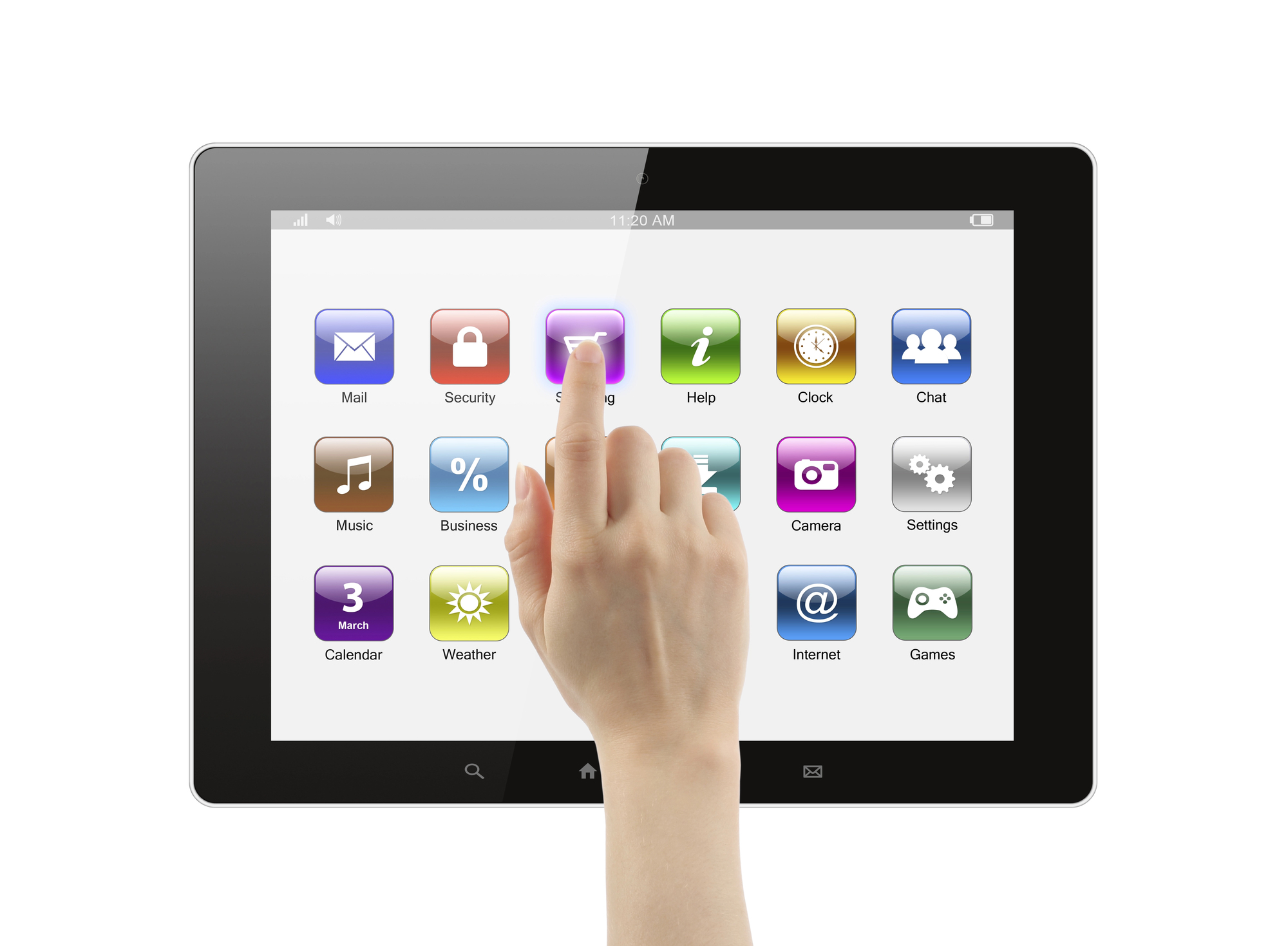How Does Destructive Technology Addiction Affect LNCs Part 1?
How Does Destructive Technology Addiction Affect LNCs?
In today’s hyper-connected world, technology is both a blessing and a challenge, especially for professionals like LNCs. With the rise of smartphones, laptops, and endless digital tools, and AI, staying productive should, in theory, be more accessible than ever.
However, devices designed to streamline your work can quickly become distractions, leading to a hidden danger: technology addiction.
While it may not involve substances or physical dependency, this modern addiction can have equally devastating effects on your focus, productivity, and mental well-being.
Understanding the impact of technology addiction and how to manage it is essential for LNCs striving to balance efficiency with a healthy lifestyle.
Addiction is a term that typically conjures images of substance abuse, alcoholism, or even food-related disorders.
But there’s a modern form of addiction that often flies under the radar—technology addiction.
For LNCs, technology addiction can be a silent productivity killer, impacting not just professional efficiency but also mental well-being.
What Is Technology Addiction?
While not officially recognized in the DSM-5—the diagnostic manual for mental health disorders—technology addiction exhibits many parallels to traditional addictions.
People engage with technology much like they would with substances like alcohol or drugs. It provides instant gratification, fosters dependency, and can lead to withdrawal symptoms when access is restricted. You’ve heard of children who take their phones to school, and then break the rules of using their devices.
Technology addiction encompasses excessive use of devices like smartphones, tablets, or computers, as well as compulsive engagement with social media, gaming, or digital content.
While technology is essential for LNCs, overreliance or misuse can derail productivity and focus.
How Technology Addiction Impacts LNCs
1. Productivity Loss
LNCs depend heavily on technology to review medical records, write reports, and communicate with attorney clients. However, constant notifications, social media scrolling, and digital distractions can erode valuable time. The “quick break” to check an app often turns into minutes—or hours—of wasted time.
2. Impaired Focus
Technology addiction can fragment your attention. Multitasking, such as toggling between email, case work, and social media, diminishes the quality of work. This scattered attention can result in errors and inefficiency for LNCs who need deep focus for tasks like analyzing complex medical cases.
3. Mental and Physical Fatigue
Excessive screen time can lead to digital burnout, marked by mental fatigue, irritability, and reduced creativity. Physical symptoms such as eye strain, headaches, and sleep disturbances are common, reducing an LNC’s ability to perform at their best.
4. Strained Relationships
The compulsive need to stay connected online can overshadow real-world relationships. For LNCs, this might mean missing opportunities to network with attorneys or failing to nurture professional and personal connections offline.
Signs You Might Be Struggling With Technology Addiction
Increased Screen Time: You find stepping away from your device hard, even during non-working hours. You stay up late at night reading social media posts.
Compulsive Checking: You feel the urge to check emails, social media, or apps constantly, even when unnecessary. You start the day with your phone.
Neglected Responsibilities: Technology use interferes with completing critical tasks or meeting deadlines.
Anxiety Without Devices: You feel anxious or uneasy when you cannot access your phone or computer.
Sleep Disruption: Late-night scrolling or work emails interfere with your sleep.
Strategies to Break Free From Technology Addiction
1. Set Boundaries
Create clear rules for technology use. For example, turn off non-essential notifications.
Set work-specific hours for emails and case research.
2. Embrace Deep Work
Adopt time-blocking strategies to dedicate uninterrupted focus to high-priority tasks. This can help you reclaim hours lost to distractions.
3. Take Tech-Free Breaks
Step away from devices regularly. Incorporate screen-free activities into your day, like walking, reading, or meditating, to recharge mentally and physically.
4. Audit Your Usage
Track your screen time and assess where you can cut back. Most smartphones now include built-in tools for monitoring app usage.
5. Prioritize Real-World Connections
Make it a point to schedule face-to-face meetings with attorneys or attend in-person networking events. Building these relationships offline can help balance your professional and personal interactions. Keep your phone away from the dinner table.
Technology as a Tool, Not a Master
As LNCs, technology is indispensable for staying competitive in a fast-paced industry. However, overindulgence can compromise both your productivity and well-being.
By recognizing the signs of technology addiction and implementing strategies to mitigate its effects, you can regain control and use technology to your advantage—without letting it take over your life.
What steps will you take today to create healthier technology habits? Share your thoughts in the comments below!
Conclusion
Technology is essential to your work as an LNC, but it should remain a tool, not a master.
Left unchecked, technology addiction can erode productivity, focus, and even professional relationships. However, by recognizing the signs and implementing healthy boundaries, you can regain control and leverage technology to support—not hinder—your success.
As you work toward a balanced approach, you’ll find that stepping away from screens improves your efficiency and enhances your overall well-being. See part 2 of this topic here.
Are you ready to reclaim your time and focus? Start today by setting limits, fostering offline connections, and embracing the tools that truly serve you.

Pat Iyer is president of The Pat Iyer Group, which develops resources to assist LNCs in obtaining more clients, making more money, and achieving their business goals and dreams.
Have you heard the most recent podcasts on Legal Nurse Podcast? The show is in its 8th year, putting it in the top 1% of all podcasts for its longevity. Watch our podcast on YouTube at http://LNC.tips/YouTube.
Join our Facebook group, LNC Business Growth Circle, to be part of our LNC community.
Pat’s related websites include the podcasts broadcast at podcast.legalnursebusiness.com, and writing tips supplied at patiyer.com.
Get all of Pat’s content in one place by downloading the mobile app, Expert Edu at www.legalnursebusiness.com/expertedu. Watch videos, listen to podcasts, read blogs, watch online courses and training, and more.


[…] And be careful to not get so caught up in the fascination of technology that you spend your valuable… […]